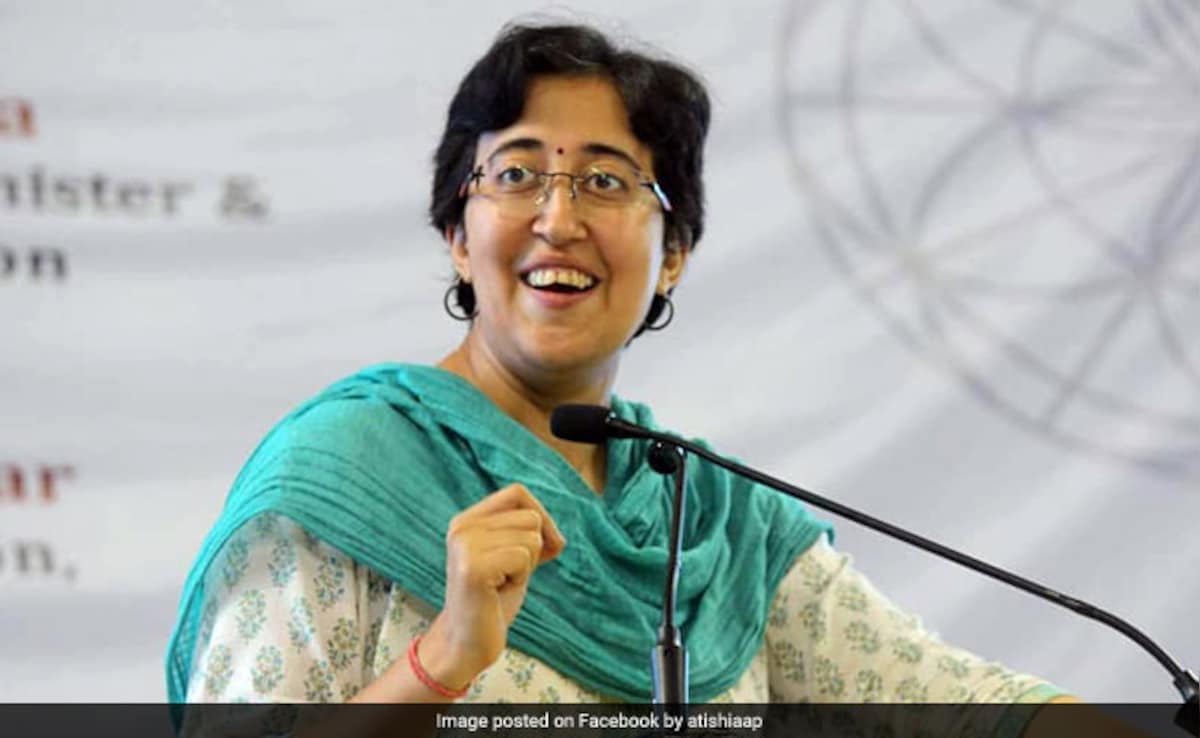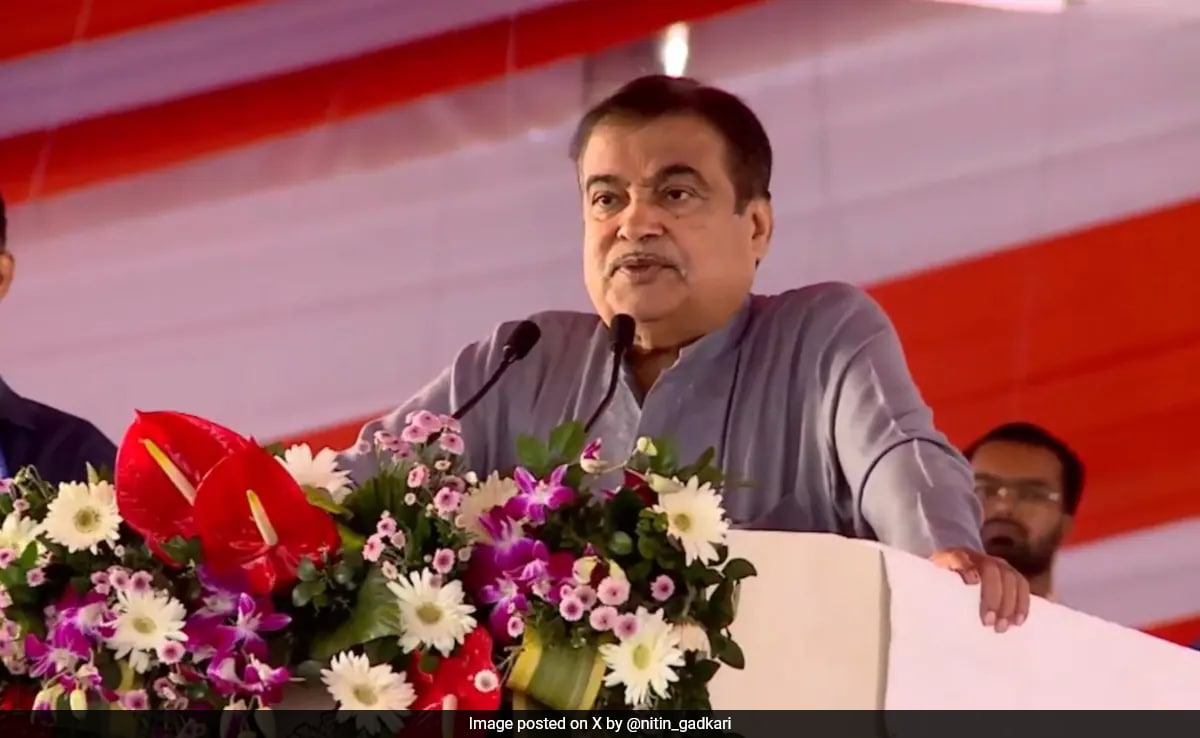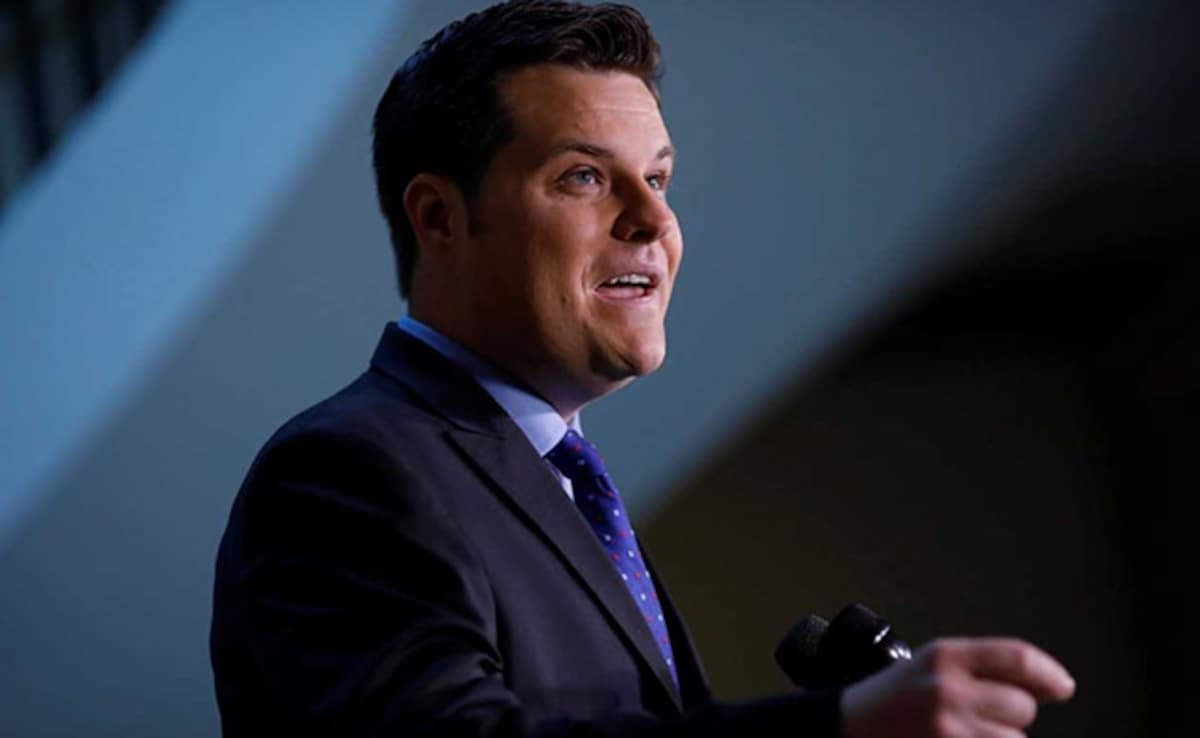A lot has been said and written about Atishi Marlena’s political journey, her academic background, Rhodes scholarship, Oxford, her role as an advisor, and so on. I will not repeat any of that here. Instead, I would like to share my thoughts on her journey from the perspective of one of her team members.
It all began in the small office at 610 A on the 6th floor of the Delhi Secretariat. The collective occupants of that room, under Atishi’s leadership, were known as ‘Team #610’. The room itself was adjacent to the office of the then Deputy Chief Minister, Manish Sisodia.
The making of Atishi as Chief Minister of Delhi is a case study in hard work, skills, loyalty, integrity, determination, resilience, and passion for change. I am happy and honoured to be one of her team members and to have witnessed her journey from being a volunteer to Deputy CM’s Adviser, then a Lok Sabha candidate, MLA, Minister, and now Chief Minister. It has been a fascinating journey spread across nine years.
In 2015, I joined the party and worked in Chandni Chowk during the Vidhan Sabha elections. Destiny brought me into Atishi’s team while we were designing an aspirational project on local governance called ‘Mohalla Sabha’. One of our team members, Bijoy, a 22-year-old who saw me working for Alka Lamba, invited me to join the Mohalla Sabha team. It was a fortunate accident.
In the Mohalla Sabha project, we were mapping all the assets of Delhi, and I was responsible for asset mapping for “DUSIB”. During a meeting, the then-CEO of DUSIB, V.K. Jain (a very senior and widely respected IAS officer), asked me, “Who is that girl who sits next to the Deputy Chief Minister in meetings but doesn’t speak much?” I replied, “She is Atishi,” and he responded, “Oh yes! There is something unique about her.”
It was April 2016, and almost none of the officers knew her. That’s how it all started.
This was the charm of Atishi. She worked hard behind the scenes, supporting the then Deputy Chief Minister Manish Sisodia. She built a strong team of professionals from all age groups, ranging from as young as 22 (just out of university) to 45 (who had left multinational companies). At the time, she herself was 34. Atishi carefully assigned tasks according to team members’ skills and interests and mentored them. That was her ability: to find the potential in her team members and bring out the best in them.
In the first few years, we were all involved with her in education reforms, which included ensuring parental participation in school management committees and giving them decision-making powers. She travelled all over Delhi, interacting with almost every SMC in each Vidhan Sabha. She knows the name of every SMC coordinator in every Vidhan Sabha and has mastered the skill of remembering people’s names.
Atishi was involved in infrastructure development, overseeing new buildings, and identifying small furniture needs. One of our mandates was to ensure clean and well-maintained schools. It’s hard to believe, but we even ended up counting toilet cleaners and tracking supplies to ensure they reached schools on time.
She was involved in nearly everything: infrastructure, parent engagement, furniture selection, sending principals on overseas capacity-building trips, mentoring teachers, coordinating with NGOs, developing curricula, assessments, business blasters, and much more. SHE WAS EVERYWHERE-leading from the front, not just contributing.
However, in April 2018, Anil Baijal, the then LG of Delhi, could not tolerate her active role in governance and removed her from the position of Deputy Chief Minister’s Adviser. That was the first blow for us, the #610 Gang.
Then, the Chief Minister decided to initiate her into electoral politics. This was the first time she engaged with grassroots politics, and we all stepped into new roles alongside her. We were assigned constituencies to mobilise votes for her in the 2019 Lok Sabha elections, leading to almost a yearlong campaign.
The youth who had worked with her on education reform quickly became her soldiers in the electoral field. During this time, we realised her mettle. She was amazing, charming, and respectful. People loved her, especially the youth and students. Most importantly, Atishi was not like the conventional politician. She reached out to every single family in her constituency. We were completely immersed in the field, gauging the pulse of the people. However, in the 2019 Lok Sabha elections, although people loved her, they did not vote for Atishi. This was the second major setback we faced as a team when we lost the election to BJP by a large margin. Despite this, we remained firm and united.
A year later, Atishi was fielded from the Kalkaji assembly constituency. Although I was personally hesitant about her contesting after the loss, it was crucial for her to keep fighting. Otherwise, it would have created the perception that educated people like her can’t “win”. The 2020 Assembly elections became a do-or-die situation for her and for us. We succeeded – she became an MLA from Kalkaji on February 11, 2020.
Here began her transformation into a people’s person. Once I asked her if she truly wanted to enter politics. She replied that if given a choice, she would prefer to retreat to the mountains of Himachal, where she wouldn’t need to speak to anyone and could just read books. Yet, despite her personal inclination for solitude, she was given the role of party spokesperson, speaking almost every day at press conferences and TV debates, a role she has fulfilled with commitment.
Atishi believes that family is not just about blood relations; it can take many forms. She demonstrated this beautifully. During the past ten years of working with her, she made all of us part of her family. She was and is my boss, but we functioned as a unit – sometimes as colleagues, sometimes as family, and sometimes as siblings. We supported each other through ups and downs and fought like siblings.
I remember when I tested positive for COVID-19 in September 2021. I was admitted to Apollo Hospital, where Atishi’s mother, Tripta Aunty, was also hospitalised. Her mother and I shared the same room. That was the level of trust she showed in her colleagues. At one point, Atishi even argued with my doctor to ensure I received the right medication, as my fever wouldn’t subside. She was genuinely concerned. I felt deeply touched.
Atishi is undoubtedly a wonderful boss and a great friend. She can also be like a sibling – loving like a brother yet capable of being just as angry. I’ve experienced both sides: she would travel to Ghaziabad, my home, to see me when I was ill or to attend my mother’s prayer meeting. Conversely, there have been times when she would be upset with me.
Regarding her stint as Minister: when she won the MLA election in 2020, we were confident she would be appointed minister in the new cabinet. However, this did not happen because the Chief Minister decided to keep the cabinet unchanged. But in 2023, after Manish Sisodia was arrested, she was appointed minister with the mandate to carry on his work. This situation was challenging for her, both emotionally and professionally. Her responsibilities ranged from day-to-day administration to party work, legal matters, and caring for her ailing parents.
Now she is the Chief Minister. It has been a remarkable journey together. I am so excited to call you “Madam, Chief Minister.”
(Munish Kaushik, her team member since 2015, currently working with her on education reform in MCD schools)
Disclaimer: These are the personal opinions of the author













